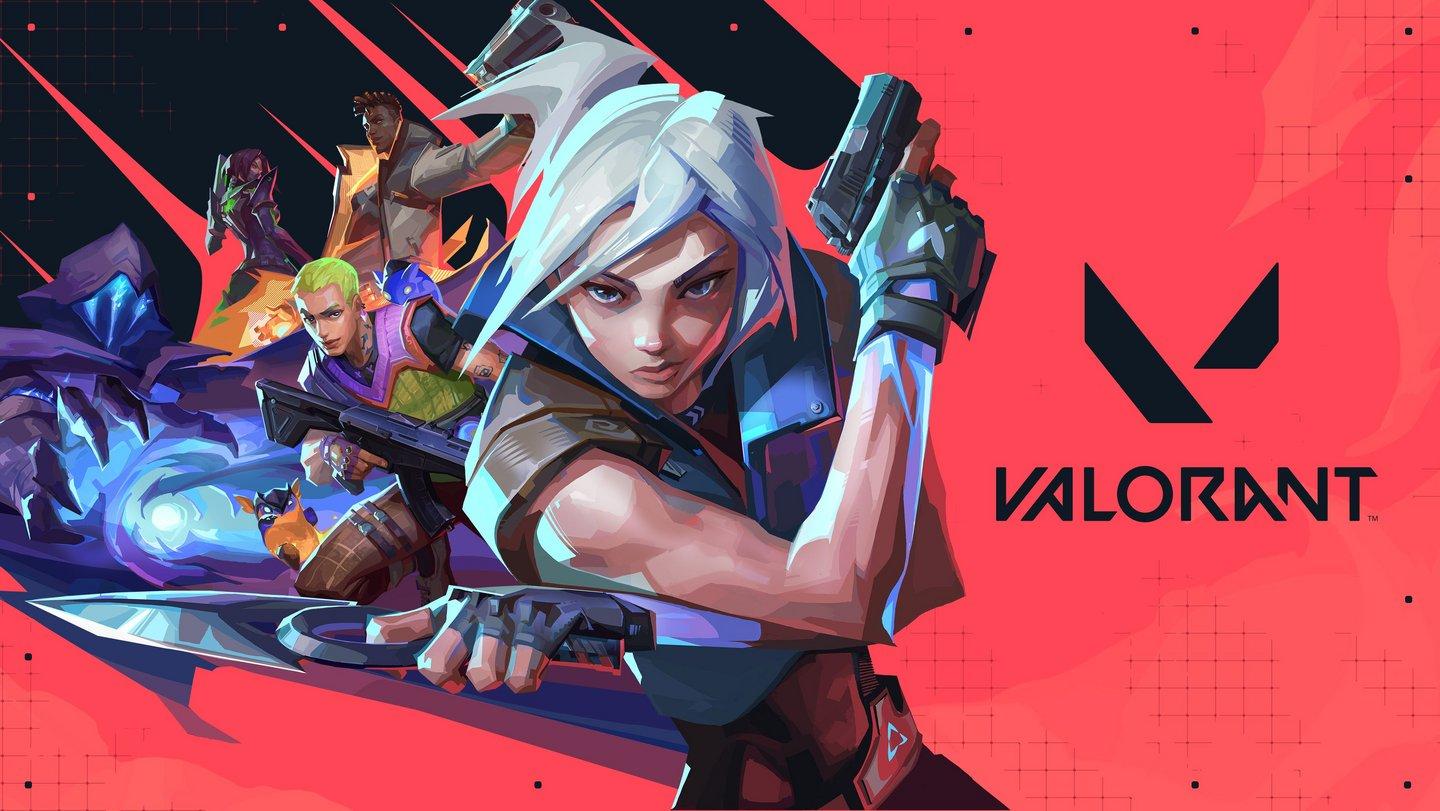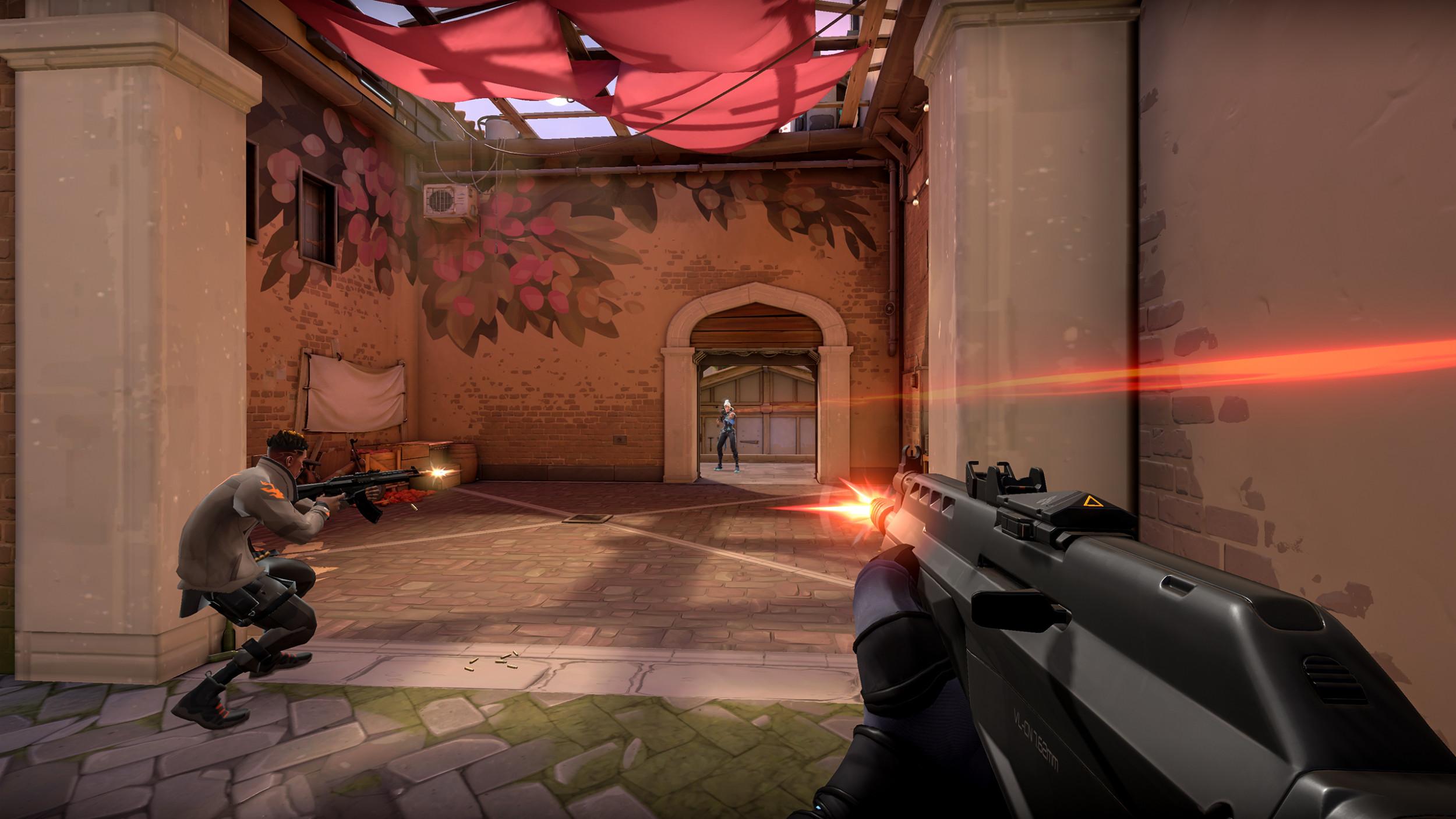Valorant and League Communities React to Controversial Gambling Policy Changes
Recent changes to the gambling policies surrounding Valorant and League of Legends have ignited a firestorm of criticism from communities that feel blindsided by Riot Games’ swift regulatory adjustments. Players have taken to social media, expressing their frustration through hashtags and memes, claiming that these modifications threaten the integrity of their beloved games. Critics argue that this shift comes at a time when online gambling’s popularity has surged, making it essential for players to have their voices heard in discussions affecting their gaming experiences.
the backlash has manifested in a variety of ways. Many fans are highlighting their discontent with statements such as:
- “These changes undermine our passion for competitive play.”
- “Riot is prioritizing profits over player welfare.”
- “This decision feels rushed and lacks transparency.”
In response, popular streamers and content creators are rallying their audiences to push for dialog with Riot, advocating for a more player-centric approach to policy formulation. As discussions continue, the future of these gaming communities hangs in the balance, with players eager for assurances that their feedback will be taken seriously.

Understanding the implications of Riot’s New gambling Regulations on Player Engagement
Riot Games’ recent revisions to its gambling regulations have sparked a wave of dissent among the devoted communities surrounding Valorant and League of Legends. Players have expressed concerns that these changes could diminish the thrill of gameplay and reduce engagement levels. Many believe that the new guidelines may inadvertently push the player base towards a more restrictive and less dynamic surroundings, particularly regarding in-game purchases and promotional events. This backlash highlights a critical intersection between gaming and gambling culture, as fans grapple with the balance between responsible gaming and the desire for exciting engagement opportunities.
The implications of these regulations stretch beyond mere fan disappointment; they could have notable consequences for Riot’s bottom line. Players are vocal about potential shifts in spending behaviors and their willingness to invest in in-game cosmetics and loot boxes under these stricter rules. Key points of concern include:
- Reduced Incentives: Players may feel less motivated to spend if they believe the new regulations will limit their opportunities for returns or rewards.
- Community Engagement: A perceived erosion of fun during gameplay could lead to diminished community events, which often drive player interaction and loyalty.
- Shift in Game Dynamics: The previously vibrant and spontaneous nature of gaming transactions may give way to a more cautionary approach, stifling creativity and exploration.

Exploring the Impact of Gambling Restrictions on the Esports Ecosystem
The recent introduction of gambling restrictions by riot Games has sent shockwaves through the fanbases of popular titles like Valorant and League of Legends. Players and fans alike have expressed their frustration, arguing that such regulations are not only excessive but could also stifle the growth of the esports ecosystem. Many are concerned about the implications these rules have on sponsorships and revenue streams, which are pivotal in supporting teams, tournaments, and the overall competitive scene. The backlash showcases a community divided between the need for responsible gambling practices and the desire for unfettered creativity and engagement within the gaming world.
Critics of the new policies have outlined several key concerns:
- Impact on Brand Partnerships: The restrictions may discourage customary sponsors from investing in esports, ultimately diminishing the financial support available to teams.
- Reduced Fan Engagement: The ability to participate in betting-related activities could enhance the excitement of viewing competitions, and its absence might lead to disinterest among fans.
- Stifling Innovation: Developers might become hesitant to explore new monetization avenues, fearing backlash or regulatory issues, which could limit the potential for game-related growth.
This sentiment reveals a growing tension between regulatory bodies and the dynamic universe of esports, highlighting the need for a balanced approach that safeguards players while fostering a vibrant gaming culture.

Strategies for Riot Games to Rebuild Trust Among Its Player Base
Considering recent backlash from the community regarding new gambling rules, Riot Games must prioritize transparency and communication to mend its relationship with players. By initiating open dialogues through community forums and social media platforms, Riot can not only address player concerns but also demonstrate a willingness to listen and adapt. Regular updates and Q&A sessions could provide players with insights into the rationale behind changes, while also allowing them to voice their opinions on future developments. Establishing a dedicated team to monitor and respond to community feedback will further reinforce the message that player sentiment matters.
additionally, implementing community-driven initiatives could foster a sense of ownership among players. Riot should consider the introduction of merit-based rewards for player engagement and contributions, such as feedback or community events. This approach can help create a more inclusive environment where players feel valued. Another effective strategy could involve collaborating with trusted gaming influencers and content creators to spread awareness about responsible gaming practices while ensuring that these collaborations align with community standards. By adopting these strategies, Riot Games can begin to rebuild trust and demonstrate a genuine commitment to the health and well-being of its player base.
